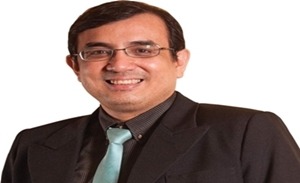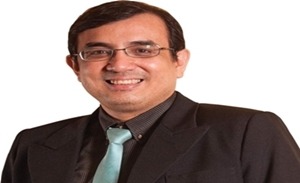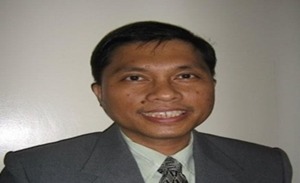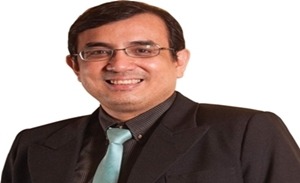FRESH VIEWPOINTS: A NEW PERSPECTIVE
By Brian James Lu
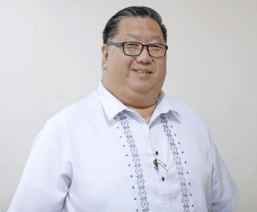
The EDCOM II Year Two Report, titled “Fixing the Foundations,” sheds light on the challenges in Philippine education but also presents an opportunity to recognize and strengthen ongoing government initiatives aimed at improving the system. The EDCOM II is the Second Congressional Commission on Education, a national commission tasked with undertaking a comprehensive national assessment and evaluation of the performance of the Philippine education sector. Several senators and members of the House of Representatives compose EDCOM II.
The report reveals that only 25 percent of Filipino children receive the recommended energy intake in their first 1,000 days, leading to stunting in one out of four children under five years old. According to UNICEF, stunting is impaired growth and development caused by poor nutrition. The World Health Organization (WHO) states that inadequate nutrition often results in delayed mental development, poor school performance, and reduced intellectual capacity. Recognizing the gravity of this issue, the government has been proactive in addressing child malnutrition through the Department of Education’s (DepEd) School-Based Feeding Program (SBFP). This initiative provides nutritious meals to undernourished students to combat malnutrition and enhance learning capacity. According to DepEd, the SBFP has benefited millions of children, significantly improving their attendance and classroom performance.
In response to concerns about early-grade literacy and numeracy, the government has intensified its efforts to address learning gaps. The National Learning Recovery Program (NLRP) was introduced to help students catch up on lost learning opportunities caused by the Covid-19 pandemic. The program includes targeted interventions such as Catch-Up Fridays, enhanced remedial instruction, and increased support for teachers. The integration of digital learning platforms also makes education more accessible, especially in remote areas.
Higher education has also seen significant government support. The Universal Access to Quality Tertiary Education Act (RA 10931) ensures free tuition in state universities and colleges (SUCs) and local universities and colleges (LUCs), making higher education more accessible to financially disadvantaged students. Additionally, the Tertiary Education Subsidy (TES) program provides financial aid to underprivileged students to cover expenses such as books, transportation, and boarding costs. While challenges persist in the implementation of these programs, they continue to play a crucial role in expanding access to higher education.
To address the shortage of educational resources, the Department of Budget and Management (DBM) has allocated substantial funds for the production and delivery of textbooks, the construction of new classrooms, and the hiring of additional teachers. Efforts are also underway to integrate technology into education, with the rollout of smart classrooms and digital learning materials to enhance teaching and learning experiences.
The Alternative Learning System (ALS), a flexible education program designed to reach out-of-school youth and adults, has also been a priority. Recognizing its importance, the government institutionalized ALS through Republic Act 11510, strengthening its implementation nationwide. ALS offers a second chance for learners to complete their basic education, equipping them with skills necessary for employment and further studies.
Collaboration with local government units (LGUs) and civil society organizations (CSOs) remains a key strategy in improving education outcomes. The strong partnership between DepEd and LGUs has led to the construction of more learning facilities, provision of school supplies, and implementation of community-based literacy programs. One notable success story is the implementation of ALS in marginalized communities. In Oriental Mindoro, the Paaralang Bayan Alumni Association—Mindoro (PBAA-M) played a pivotal role in delivering ALS to indigenous peoples and disadvantaged youth. From 2005 to 2022, PBAA-M facilitated ALS sessions, successfully helping thousands of learners gain basic literacy and life skills. Their approach —combining community engagement with education— demonstrates the power of grassroots participation in national programs.
Although recent policy changes have limited the direct involvement of CSOs in ALS, their contributions remain invaluable. The government continues to explore ways to harness community support while ensuring that ALS is delivered by trained educators. Strengthening teacher training programs and expanding scholarship opportunities for aspiring educators are among the steps being taken to enhance the quality of ALS instruction.
While the EDCOM II report underscores persistent challenges in Philippine education, it also highlights areas where reforms are making a difference. The Marcos administration remains committed to uplifting the education sector through strategic reforms and increased investment. By building on these successes and continuously improving implementation strategies, the country can work towards a brighter future for its learners.


